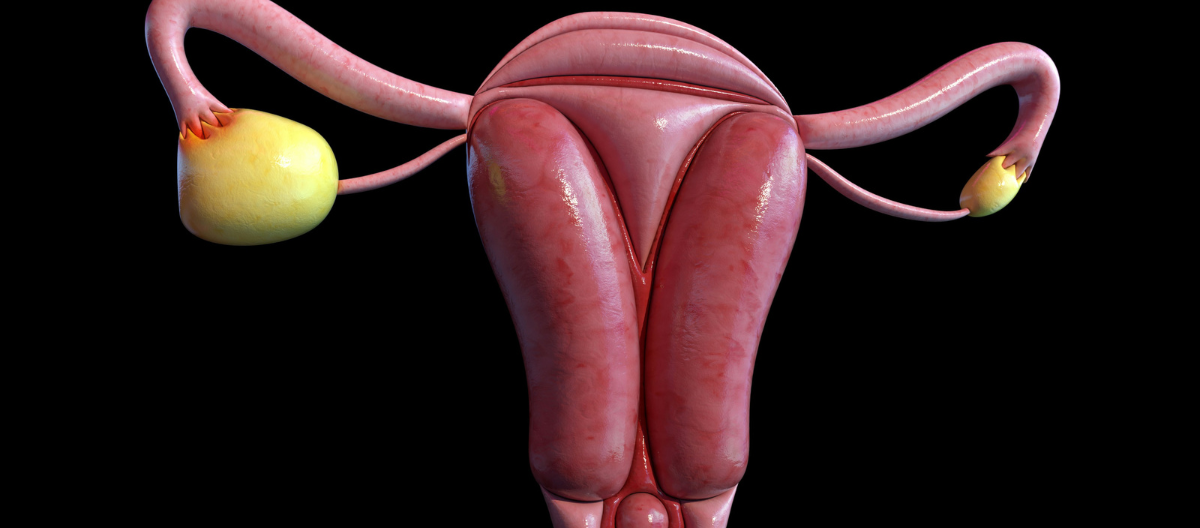Female urinary system includes the kidneys, ureters, bladder, and urethra. The kidneys filter blood to remove waste and excess fluid, which are then passed to the bladder via the ureters and eventually expelled through the urethra. The proximity of the urethra to the vagina and anus in women increases the likelihood of bacteria entering the urinary tract, making women more susceptible to infections.
Common Urinary Health Issues in Women
Several urinary health problems affect women more frequently, often causing pain, discomfort, and potential long-term health consequences if untreated.
Urinary Tract Infections (UTIs): UTIs are the most common urinary issue in women. Bacteria, particularly Escherichia coli, enter the urethra and cause an infection. Symptoms include frequent urination, burning sensation during urination, cloudy or strong-smelling urine, and pelvic pain. Factors like sexual activity, menopause, and certain birth control methods increase the risk of UTIs.
Overactive Bladder (OAB): This condition is characterized by a sudden and frequent urge to urinate, often leading to unintentional urine leakage (incontinence). OAB can significantly impact a woman’s quality of life and may be linked to aging, hormonal changes, and weakened bladder muscles.
Incontinence: Urinary incontinence refers to the involuntary leakage of urine, and it can occur in various forms. Stress incontinence (leakage during activities like coughing or exercising) and urge incontinence (sudden, intense urges to urinate) are the most common types affecting women. Pregnancy, childbirth, and menopause can weaken the pelvic floor muscles, leading to incontinence.
Interstitial Cystitis (IC): Also known as painful bladder syndrome, IC is a chronic condition causing bladder pain, pressure, and frequent, urgent urination. Its cause is not well understood, but it is thought to result from bladder inflammation. Women with IC often experience discomfort that worsens with bladder filling and may find relief after urinating.
Kidney Stones: While kidney stones can affect both men and women, women may experience them due to dehydration, urinary tract infections, or certain dietary habits. These hard mineral deposits form in the kidneys and cause intense pain, nausea, and difficulty urinating.
Risk Factors for Urinary Health Problems
Anatomical Differences: The shorter female urethra (compared to men) provides bacteria a quicker path to the bladder, making infections more common in women.
Sexual Activity: Sexual intercourse can introduce bacteria into the urinary tract, increasing the risk of infections. Using diaphragms or spermicides for birth control can also irritate the urethra and disrupt the natural bacterial balance.
Hormonal Changes: Estrogen plays a protective role in maintaining urinary tract health. As estrogen levels drop during menopause, the urinary tract lining becomes thinner and more susceptible to infections and incontinence.
Pregnancy and Childbirth: Pregnancy puts pressure on the bladder, weakening the pelvic floor muscles and increasing the risk of incontinence. Vaginal childbirth can stretch and weaken these muscles, making women more prone to leakage later in life.
Chronic Conditions: Diabetes, obesity, and other chronic conditions can affect bladder function, increasing the risk of urinary issues.
Preventative Measures for Urinary Health
Taking proactive steps to maintain urinary health can help prevent infections, discomfort, and other complications. Some key preventative measures include:
Hydration: Drinking plenty of water helps flush out bacteria and toxins from the urinary system, reducing the risk of infections and kidney stones. Aim for at least eight glasses of water a day to keep the urinary system functioning properly.
Good Hygiene Practices: Practicing proper hygiene can minimize the risk of bacterial infections. Women should always wipe from front to back after using the toilet to prevent bacteria from entering the urethra. Urinating before and after sexual activity also helps flush out bacteria introduced during intercourse.
Pelvic Floor Exercises: Strengthening the pelvic floor muscles through exercises like Kegels can improve bladder control and reduce the risk of incontinence. These exercises are particularly beneficial after pregnancy or as women age.
Avoiding Irritants: Certain products like harsh soaps, bubble baths, or douches can irritate the urethra and lead to infections. Women should choose gentle, unscented products for their personal hygiene.
Dietary Choices: Maintaining a balanced diet that includes foods rich in antioxidants, vitamins, and minerals supports overall urinary health. Cranberries, for instance, are known for their ability to prevent bacteria from adhering to the bladder walls, reducing the risk of UTIs.
Regular Bathroom Habits: Women should not hold in urine for long periods, as this can increase the risk of bladder infections. Regularly emptying the bladder and ensuring complete voiding can help maintain a healthy urinary tract.
While many urinary health issues can be managed with preventative care, some symptoms may require medical attention. Women should consult a healthcare provider if they experience:
- Persistent pain or burning during urination
- Frequent or urgent need to urinate without relief
- Blood in the urine
- Chronic pelvic pain or discomfort
- Difficulty urinating or complete urinary retention
These symptoms could indicate an infection, kidney stones, or other underlying conditions that need prompt treatment.
Treatment Options for Urinary Health Issues
- UTIs: Antibiotics are the primary treatment for urinary tract infections. Drinking plenty of fluids and using over-the-counter pain relief can also help alleviate symptoms during recovery.
- Incontinence: Incontinence may be managed with pelvic floor exercises, lifestyle changes, medications, or medical devices such as pessaries. In severe cases, surgical interventions may be considered.
- Overactive Bladder: Medications that relax the bladder muscles, lifestyle modifications, and pelvic floor exercises are common treatments for OAB. Behavioral therapies like bladder training can also help manage symptoms.
- Interstitial Cystitis: Treatments for IC often focus on managing symptoms through dietary changes, bladder instillations, medications, and physical therapy. In some cases, nerve stimulation may be used to control pain and urinary urgency.
- Kidney Stones: Smaller kidney stones may pass on their own with increased fluid intake and pain management. Larger stones may require medical intervention, such as shock wave lithotripsy or surgery to remove the stones.


